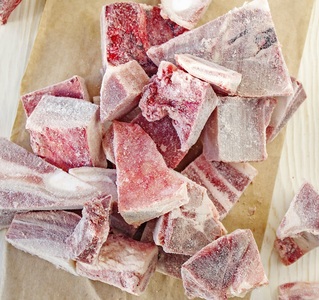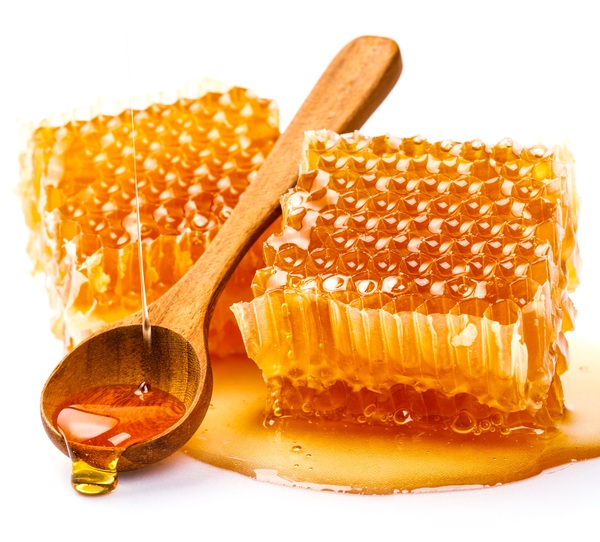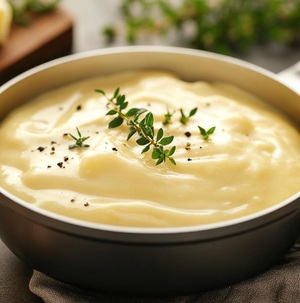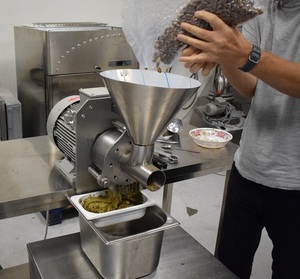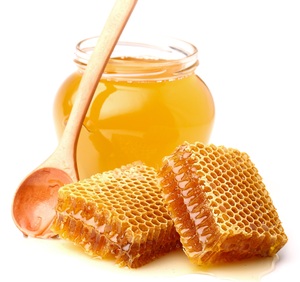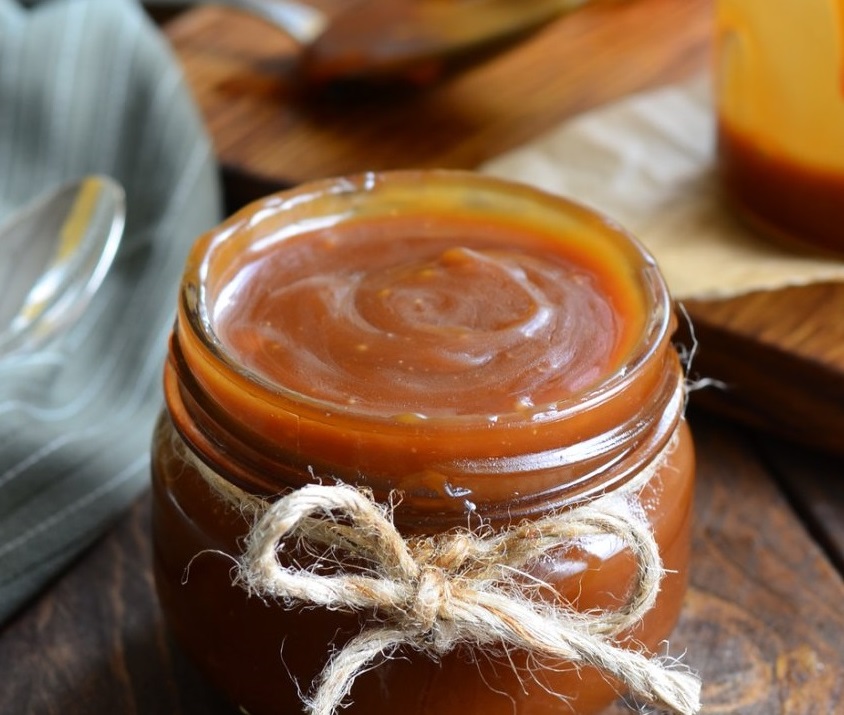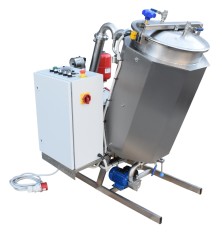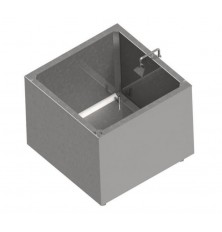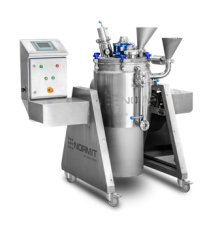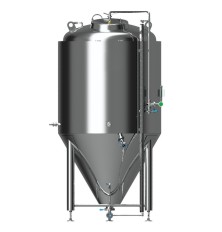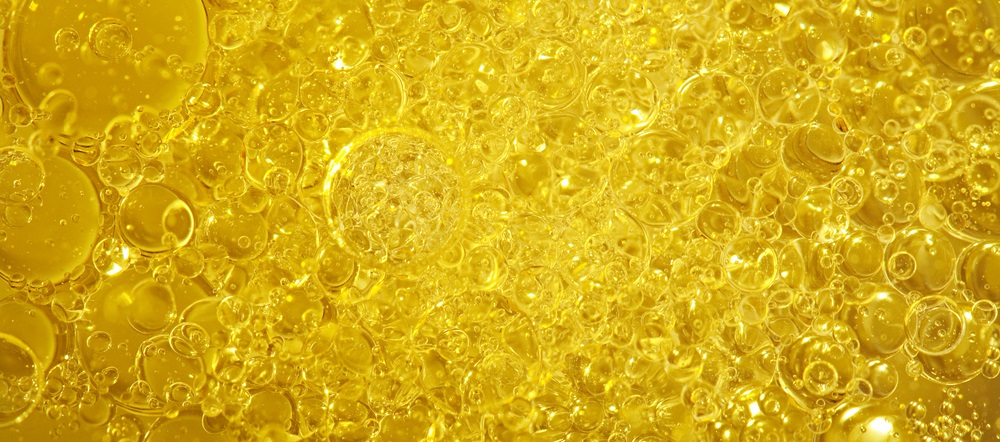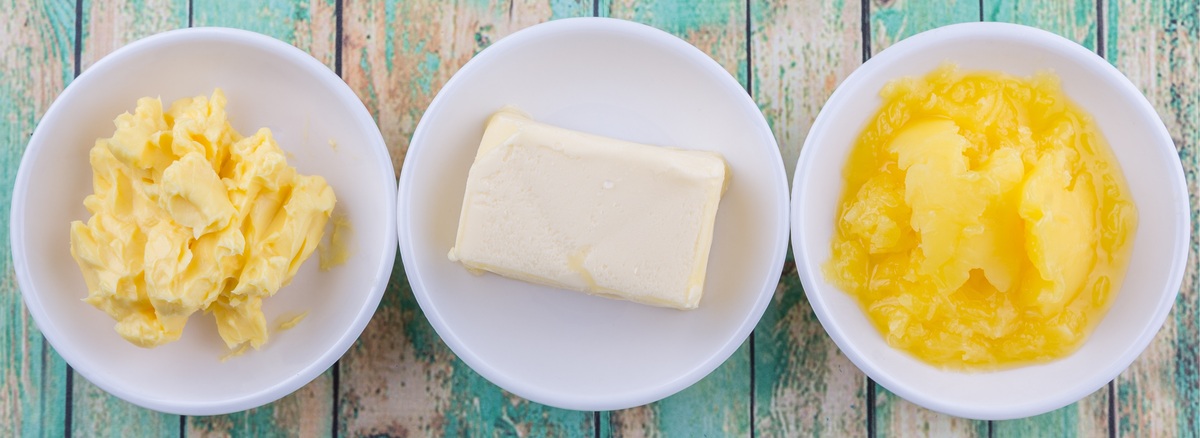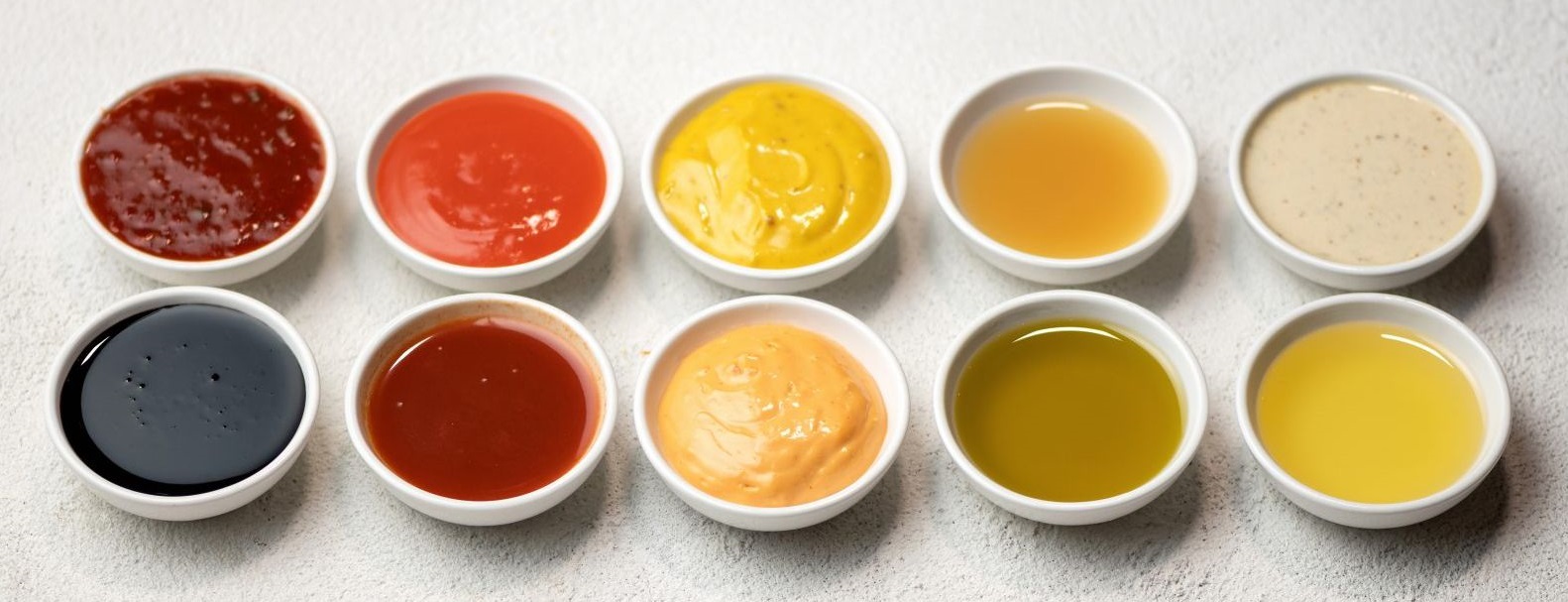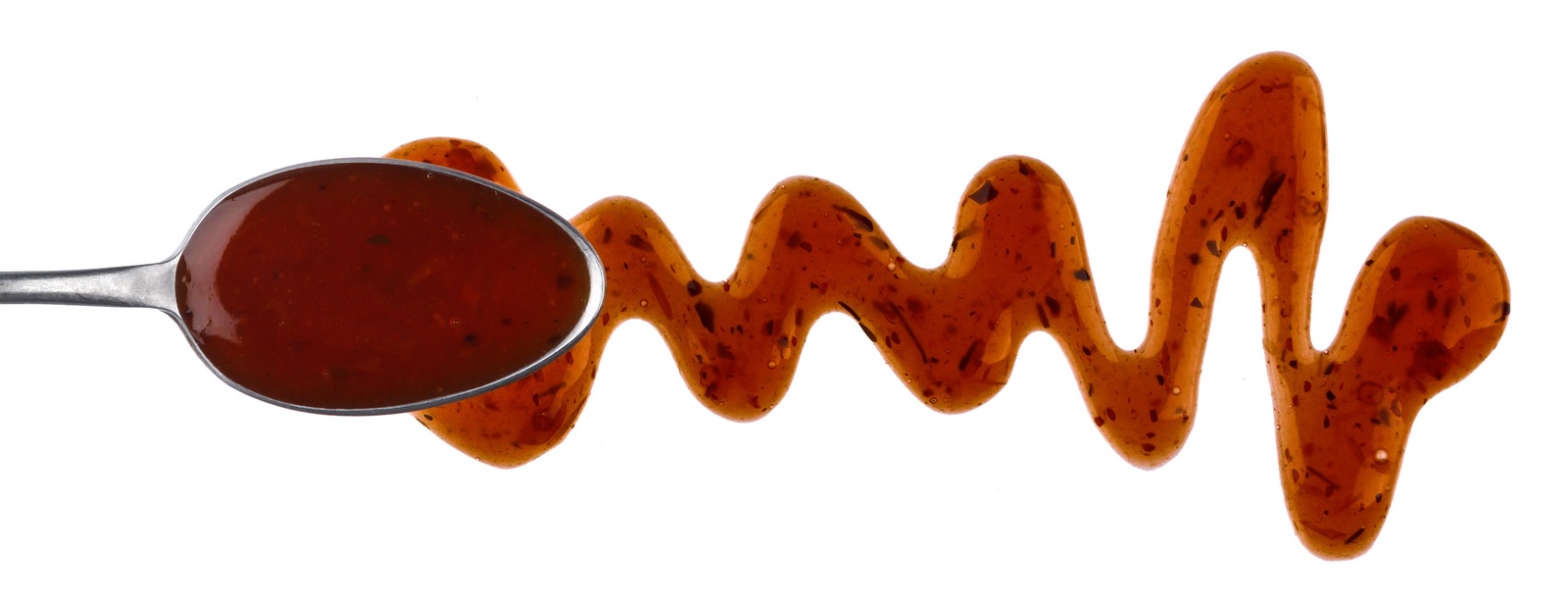REACTORS
Reactors are utilized┬Āfor controlled fermentation in beverage production
Reactors are suitable for a range of applications, particularly controlled fermentation. They are used in the production of food products such as beer, wine, yoghurt, cheese and other popular food products. This guide, we explore the principle of reactors, their functionality, advantages, and applications across the food industry.
What are bioreactors?
Bioreactors are vessels designed for the controlled cultivation of microorganisms, enzymes, or cells for industrial food processing purposes. In the food industry, bioreactors are widely used for fermentation processes, where microorganisms such as bacteria, yeast, or molds are employed to transform raw ingredients into valuable food products. Reactors provide optimal conditions, including temperature, pH, and nutrient levels, to ensure the desired fermentation outcomes for each product.
How do bioreactors work?
Bioreactors operate at a carefully controlled environment that supports the growth and activity of microorganisms. The process involves introducing a solution containing raw ingredients into the bioreactor, along with the necessary microorganisms. The controlled conditions within the bioreactor promote the proliferation of microorganisms and the conversion of raw materials into the desired end products, such as cheese or enzymes.
Advantages of using reactors in the food industry:
- Controlled Fermentation: Bioreactors enable precise control over fermentation conditions, ensuring consistent product characteristics and quality.
- Customizable Processes: Different types of bioreactors accommodate various fermentation processes, allowing for customization based on the specific food product requirements.
- Efficient Enzyme Production: Bioreactors facilitate the controlled production of enzymes, essential for processes like cheese-making and flavor development.
- Enhanced Product Purity: The closed and sterile environment of bioreactors minimizes the risk of contamination, ensuring the purity of the final products.
Applications of bioreactors:
Bioreactors find application in several segments of the food industry:
- Cheese Production: Bioreactors are essential for controlled fermentation in cheese-making, contributing to the development of unique flavors and textures.
- Enzyme Production: Bioreactors are used for the controlled cultivation of microorganisms for enzyme production, enhancing various food products.
- Yogurt Fermentation: In yogurt production, bioreactors create the ideal conditions for the fermentation of milk by introducing specific bacterial cultures.
- Beer and Wine Fermentation: Bioreactors are employed in brewing and winemaking processes, supporting the fermentation of sugars by yeast to produce alcoholic beverages.
Controlled beverage fermentation with reactors from FoodTechProcess
At FoodTechProcess, we offer bioreactors designed to meet different requirements of the food industry. They are used by food manufacturers to provide a fast and cost-effective solution for controlled fermentation, ensuring they can deliver high-quality products to consumers.
Vacuum evaporator with remote circulation using a heat exchanger is one of the most efficient evaporation methods. This evaporation system is suitable for boiling and concentrating heat-sensitive products such as milk, cream, etc.
- No mixing device required, the product has forced circulation!
- Modular system: possibility to choose the vacuum generator, power and heat exchanger type
- Inclined design and bottom valve for 100% product discharge without losses and blind spots
- Insulated upper hatch of the unit for heat retention and safety
- Tangential product inlet into the vacuum vessel for guaranteed evaporation in a thin layer
- Material: Stainless steel
- Volume: 50l/ 100l/ 300l
The price is set for the basic version of the reactor without additional options and the control panel
The vacuum vessel with a coolant duplicator and a mixing device is a universal solution for processing various products at sub-atmospheric pressure. Based on this simple device, you can select and modulate it into complex installations such as a┬Āvacuum evaporator, a┬Āvacuum cooking kettle, and a┬Āunit for the production of cream honey.
- Sloped Design - Gravity Mixing
- Bottom valve DN40 included in the basic version
- Small-volume duplicator - low costs for coolant heating/cooling
- Modular system: customization of the equipment and its functionalities by ordering additional options
- An easy to disassemble mixing device
- Material: Stainless steel
- Engine power, kW: 0,25
- Principle of operation: Batch mode
- Country of origin: Slovakia
- Volume: 100l
- Voltage: 380-400V
- Max vacuum: -0,8 Bar
Open fermentation vat / vessel is designed for fermentation of beer and other liquids.┬Ā
- Material: Stainless steel
- Principle of operation: Batch mode
Vacuum homogenizer VMG M is the ideal solution for the production of pilot batches and the industrial production of a wide range of products of small and medium production. The price depends on the production capacity.
- Material: Stainless steel
- Principle of operation: Batch mode
- Country of origin: Slovakia
- Volume: 100l
- Max vacuum: -0,8 Bar
- Working volume: 50-80l
The cylindrical conical tank is a designed for the fermentation of the beer and other beverages.┬Ā
- Material: Stainless steel
- Principle of operation: Batch mode
- Type of the equipment: Individual machine












